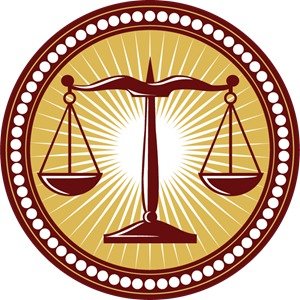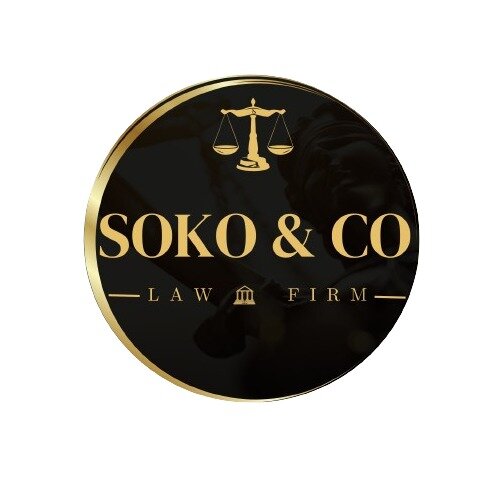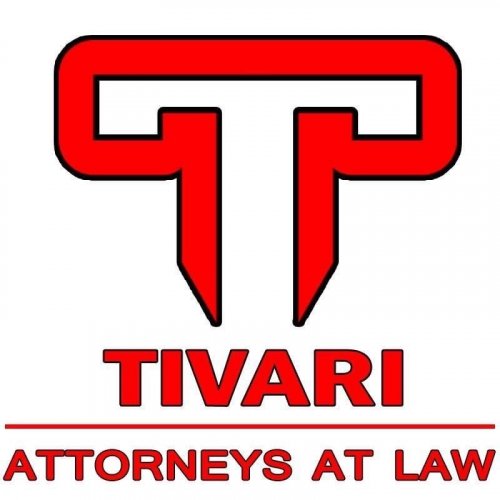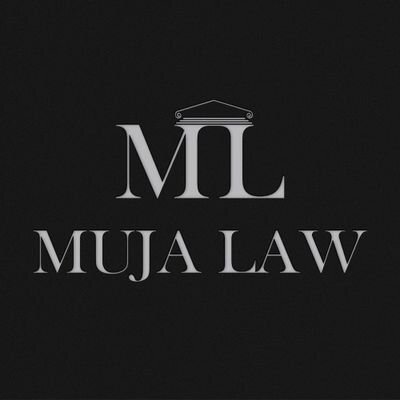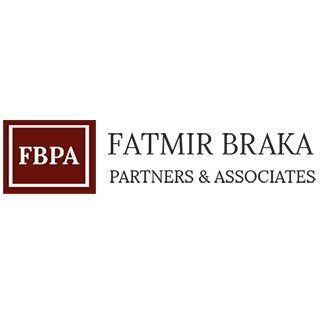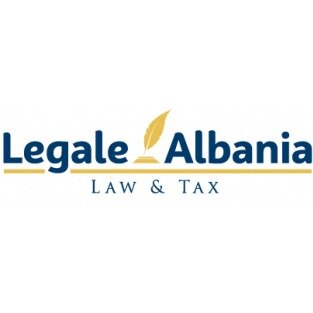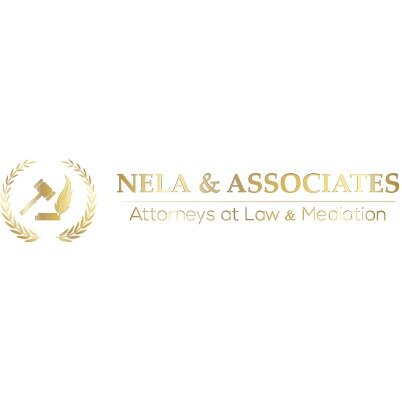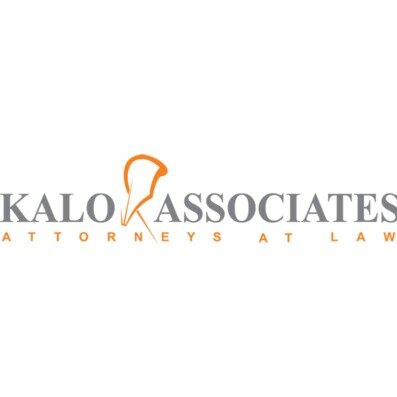Best Labor Law Lawyers in Albania
Share your needs with us, get contacted by law firms.
Free. Takes 2 min.
Or refine your search by selecting a city:
List of the best lawyers in Albania
About Labor Law in Albania
Labor Law in Albania is a framework designed to regulate the relationship between employees and employers. It encompasses various statutes, regulations, and case laws governing aspects such as employment contracts, working conditions, salaries, work hours, rights and obligations, occupational health and safety, and dispute resolution. The primary aim of labor law in Albania is to balance the interests of employers and employees, protecting workers' rights while promoting fair employment practices and productivity. The legal landscape in Albania often incorporates principles from international labor standards as well.
Why You May Need a Lawyer
Engaging the services of a labor law lawyer can be critical in various situations. Common scenarios include negotiating or disputing the terms of employment contracts, addressing wrongful termination or discrimination at the workplace, ensuring compliance with occupational health and safety standards, handling disputes related to wages, work hours, or benefits, and navigating complex legal proceedings in labor disputes. Additionally, employers may require legal advice to adhere to labor regulations, avoid potential legal issues, or manage collective bargaining agreements.
Local Laws Overview
Albania’s labor laws are primarily governed by the Labor Code of the Republic of Albania, which outlines the rules and principles regarding employment relationships. Key aspects include:
- Employment Contracts: These can be either indefinite or fixed-term, and must be documented formally.
- Working Hours: The standard workweek is 40 hours, with overtime regulated by law.
- Minimum Wage: Set by the government, subject to periodic revisions.
- Holiday Entitlements: Employees are entitled to annual leave and public holidays.
- Occupational Health and Safety: Employers are required to provide a safe working environment.
- Equal Opportunity and Non-Discrimination: Laws prohibit discrimination based on gender, ethnicity, religion, disability, etc., in employment practices.
- Termination of Employment: Regulations stipulate conditions and notice periods for lawful termination.
Frequently Asked Questions
1. Do employment contracts need to be in writing?
Yes, employment contracts in Albania must be in writing to ensure clarity and as evidence of terms agreed upon by the employer and employee.
2. What is the legal working age in Albania?
The legal minimum age for employment in Albania is 16 years. There are restrictions on the types of work minors can perform to ensure their safety and development.
3. How is overtime compensation regulated?
Overtime work must be compensated at a premium rate, typically 25% above the regular pay, unless otherwise agreed in collective agreements.
4. Are employees entitled to maternity or paternity leave?
Yes, female employees are entitled to maternity leave, and certain benefits are also extended to fathers, contingent on specific criteria.
5. How are workplace disputes typically resolved?
Workplace disputes can be resolved through negotiation, mediation, or formal legal proceedings if necessary. Arbitration may also be an option where appropriate.
6. What constitutes an unfair dismissal?
An unfair dismissal occurs when an employee is terminated without due cause or without following the correct procedure as outlined in the labor laws.
7. Can an employee be terminated without notice?
No, except in cases where the dismissal is for serious misconduct. The law requires notice or compensation in lieu of notice for terminations.
8. Are non-compete clauses enforceable in Albania?
Non-compete clauses are generally enforceable but must be reasonable in duration, scope, and geography to be valid.
9. What rights do employees have regarding data protection?
Employees have rights under personal data protection laws, ensuring that employers handle their data fairly and securely.
10. Is collective bargaining recognized by Albanian law?
Yes, collective bargaining is recognized, and trade unions can negotiate collectively on behalf of their members.
Additional Resources
For further assistance, consider reaching out to the Ministry of Finance and Economy, the Labor Inspectorate, or trade unions. Organizations such as the International Labor Organization (ILO) also provide valuable resources on labor standards and rights.
Next Steps
If you require legal assistance in labor law, consider contacting a qualified labor lawyer with expertise in the Albanian legal system. They can offer tailored advice and represent you in negotiations or legal proceedings. Additionally, you can reach out to local legal aid organizations if financial constraints are a concern. Starting with a consultation can help you understand your legal position and next steps.
Lawzana helps you find the best lawyers and law firms in Albania through a curated and pre-screened list of qualified legal professionals. Our platform offers rankings and detailed profiles of attorneys and law firms, allowing you to compare based on practice areas, including Labor Law, experience, and client feedback.
Each profile includes a description of the firm's areas of practice, client reviews, team members and partners, year of establishment, spoken languages, office locations, contact information, social media presence, and any published articles or resources. Most firms on our platform speak English and are experienced in both local and international legal matters.
Get a quote from top-rated law firms in Albania — quickly, securely, and without unnecessary hassle.
Disclaimer:
The information provided on this page is for general informational purposes only and does not constitute legal advice. While we strive to ensure the accuracy and relevance of the content, legal information may change over time, and interpretations of the law can vary. You should always consult with a qualified legal professional for advice specific to your situation.
We disclaim all liability for actions taken or not taken based on the content of this page. If you believe any information is incorrect or outdated, please contact us, and we will review and update it where appropriate.
Browse labor law law firms by city in Albania
Refine your search by selecting a city.




